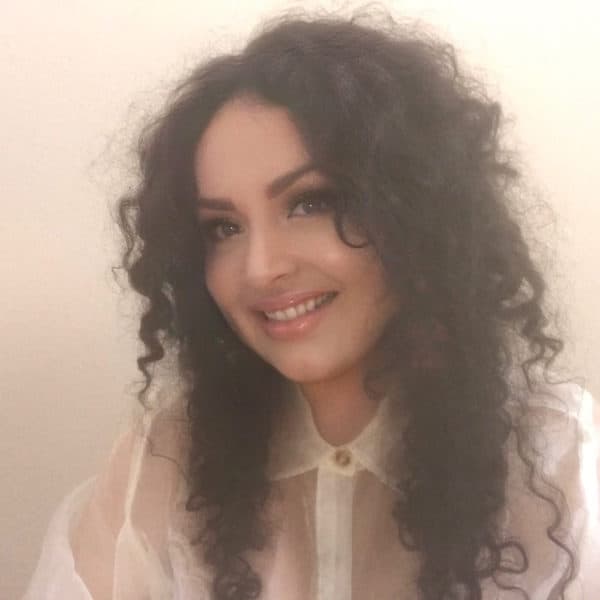Advertisement
How Should Novelists Grapple With School Shootings?
ResumeWhen Richard Russo first published his Pulitzer Prize-winning novel "Empire Falls" in 2001, he says his readers were caught off guard. No one was expecting the book to take the turn it did — to a horrific, terrifying school shooting.
The novel and the ensuing HBO miniseries follow Mile Roby, who lives in a small, declining town in Maine. His daughter Tick has a complicated friendship with John Voss, an emotionally disturbed boy at her high school who is endlessly bullied. Voss is the one who commits the shooting, killing some of his classmates.
By now, the ending of "Empire Falls" is widely known and, in many ways, the shock of a school shooting in novels, in art and in life has worn off. But 17 years later, Russo is still grappling with the subject.
Guest
Richard Russo, novelist. His opinion piece in the New York Times is "How Does A Novelist Write About A School Shooting?" and his most recent book is “The Destiny Thief: Essays on Writing, Writers and Life.”
Interview Highlights
On how "Empire Falls" came from his own concern for his daughters:
"I remember writing this novel as an exercise in dread. Both of my daughters, who had been so free about telling their mother and me about everything that was going on in their lives, they were just beginning to have private lives of their own. ... But every time I looked at them and realized that there were things that they could no longer necessarily talk about with their father, my sense of dread grew.
"The writing of this novel was bringing myself right to the brink of my own terror and probably making some sort of deal with myself — that if I could face this down on the page, kind of minute-to-minute what something like this would feel like to someone who is experiencing it. ... If I could somehow manage to do that on the page maybe it wouldn't happen to me or anyone I loved in real life."
On what authors writing about school shootings need to ask themselves:
"If somebody is writing about a school shooting novel now, the question has changed. The question when I was writing 'Empire Falls' was 'How could something like this happen?' ... The question now has changed, I think. It's 'How can this keep happening? How can it be after all these years, after all these dead children, that we haven't somehow or other had a conversation about what means more to us in this country: our children or our guns? How have we not had that conversation?'
"[My daughters] are in their 30s now and whatever the deal I made — or imagined I was making — it's worked. They're OK. But I have grandchildren now and to be going back now as a grandfather, revisiting the same question, with the same sense of dread that I felt as a father ... does not make me happy one bit."
On the power of novels when wrestling with trauma:
"A good novel forces you not to a just to encounter ideas. It forces you to live someone else's experience. The great works of literature, the great works of art have always asked us to forget about ourselves for just a minute and live someone else's life. That's what that's what makes it transformative. It opens our hearts, it opens our souls. And you can't do that, I think, without picking that scab. And we're going to bleed again, a little bit. But, in the end, the best art leads to leads to healing."
This segment aired on August 21, 2018.

